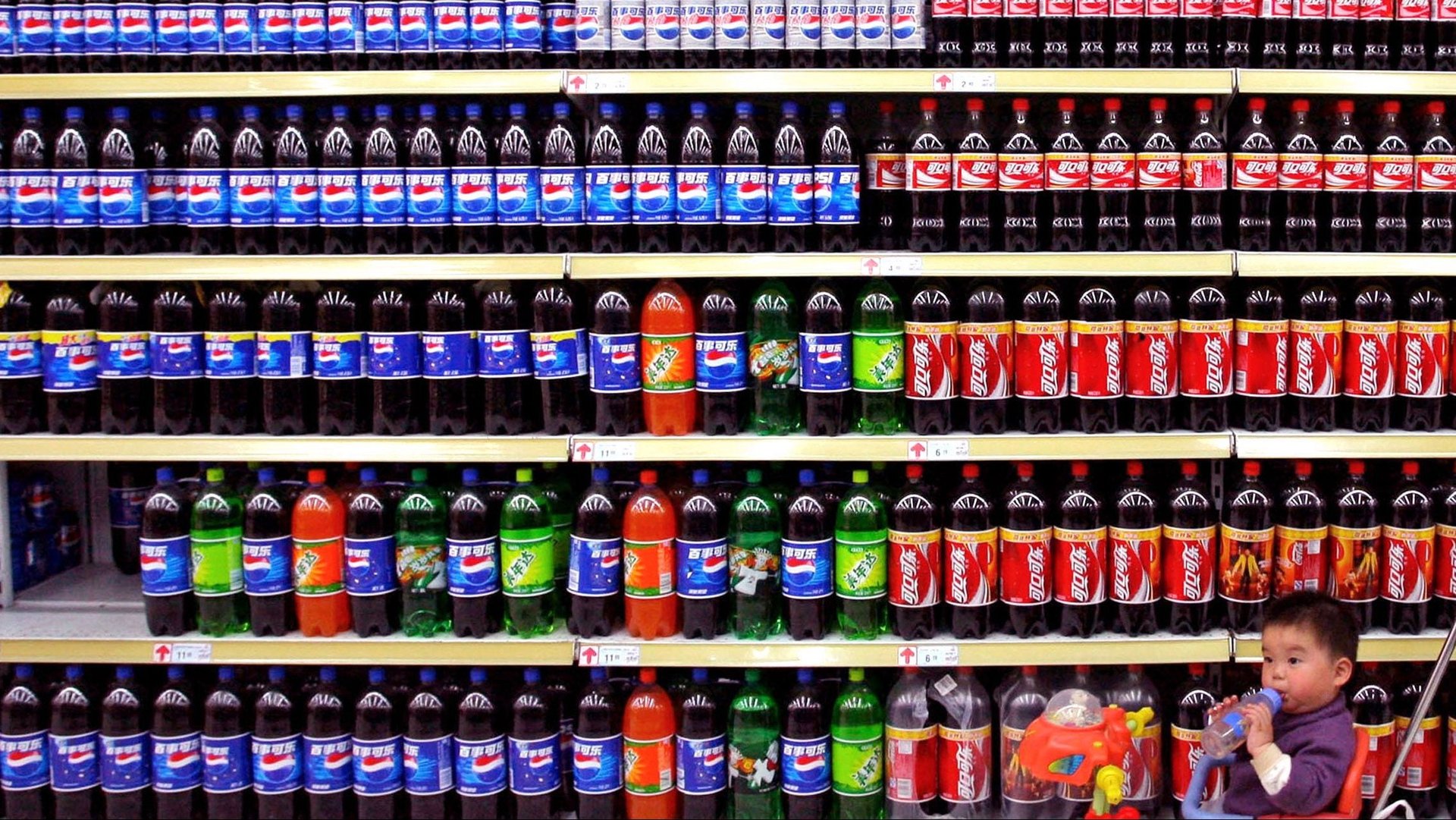Western junk food giants influenced China’s fight against obesity
Coca-Cola’s influence in China shaped efforts against obesity to focus more on the impact of physical activity over nutrition, research has found.


Coca-Cola’s influence in China shaped efforts against obesity to focus more on the impact of physical activity over nutrition, research has found.
Susan Greenhalgh, a social scientist and China expert at Harvard University, led the research published Jan. 9 in the BMJ and The Journal of Public Health Policy, in which she looked at how Coke and other corporations worked with a Washington-based industry-funded group called the International Life Sciences Institute (ILSI) in China beginning about two decades ago.
The group, which was founded by a former Coke executive and receives funding from companies that include Coke, PepsiCo, Red Bull, Nestlé, and McDonald’s, fostered extremely close relationships with China’s health ministry. Its Chinese branch is housed within the Chinese Centre for Disease Control and Prevention (CDC), a unit of the health ministry, according to the study. These relationships may have shaped China’s messaging around obesity to focus more on the importance of physical activity rather than restricting the consumption of sugary drinks and processed foods, Greenhalgh says, though she cautioned it’s difficult to precisely measure the impact on policy.
“When I reviewed China’s policies, I could see them using the very same language Coke did,” Greenhalgh told the Harvard Gazette. “For example, they talk about energy balance and making physical activity part of medical treatment or balancing eating and moving … their policy aligns very well with Coke’s interests, and it’s out of alignment with some of the policies advocated by the World Health Organization.”
Coca-Cola and the ILSI didn’t immediately respond to requests for comment from Quartz. In a statement to the New York Times, Coke said that in recent years it was changing how it supported scientific research and incorporating greater transparency. It also noted that Coca-Cola has made strides to prevent obesity in China by providing sugar-free drinks and better nutritional labels on all their products. “We recognize that too much sugar isn’t good for anyone.”
ILSI told the Times that it was committed to “evidence-based food and nutrition research.”
Beginning in the late 1990’s, ILSI-China began organizing obesity conferences and establishing itself as an authority on obesity. It created guidelines for obesity prevention and control, which were then issued in the name of China’s health ministry, though ILSI-China’s involvement was not disclosed. Experts at the obesity conferences often had financial ties to Coke or ILSI, the studies note.
Between 2004-2009 a third of the group’s sponsored or co-sponsored obesity activities focused on physical activity, while from 2010-2015 the majority of activities became geared towards focusing on combating obesity by physical activity. By 2015 activities centered around nutrition had sunk to 23 percent from 40 percent from 2009.
One initiative that resulted from these efforts was Happy 10 Minutes, a 2004-2015 campaign that encouraged school children to get 10 minutes of daily exercise. The program was modeled after a pet project of the former Coca-Cola executive who founded ILSI, according to the studies.
The study notes that activities in China come as health advocates in the US have grown more critical of the role of sugar and processed food in obesity, and consumers have begun turning to other drinks. Coca-Cola has seen declining sales in the US and Europe—soda sales reached a 30-year low in the US in 2016, surpassed by bottled water sales. As a result, Coca-Cola has increasingly pivoted toward marketing to rapidly emerging economies like China—now Coca-Cola’s third-largest market.
As consumption of Coca-Cola and other sugary drinks and fast food has grown in China, so too have obesity rates. The Global Burden of Disease study reported that China had 15 million obese children in 2015, the highest number in the world.